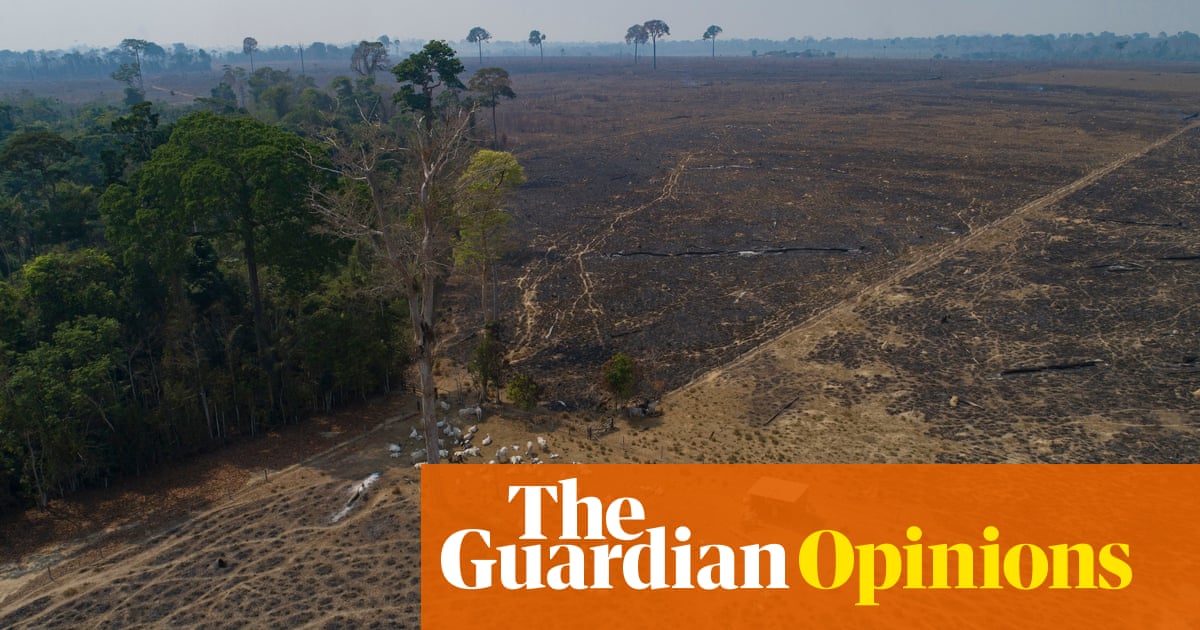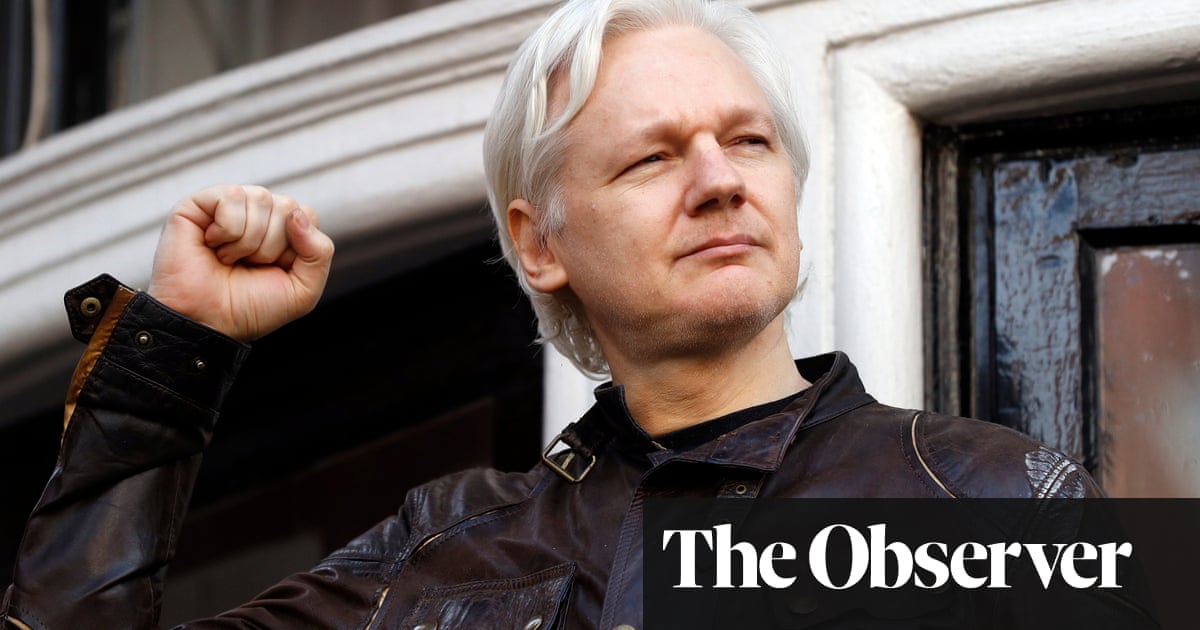
When asked about the situation in Idlib during a recent press conference in Moscow, Turkish Foreign Minister Mevlut Cavusoglu said “a military solution here would be a disaster, not just for the Idlib region, but a disaster in terms of Syria’s future.” And he is right.
There are a number of reasons why the situation in Idlib is so important for Syrians and outsiders alike. The province is home to the last major stronghold of opposition groups that have been trying to oust President Bashar Assad since 2011.
Complicating matters, the make-up of the opposition is not clear cut. There are an estimated 30,000 fighters remaining — about one-third of which fight under the banner of the Al-Qaeda-linked Hay’at Tahrir Al-Sham. The UN has designated HTS a terrorist organization and the group controls one-half of Idlib province, including the capital. Targeting its fighters without killing civilians will be no easy task.
The region is geographically important too. Vital north-south highways run through the region, connecting it to the major population centers of Aleppo, Homs, Latakia and the capital Damascus. Assad knows that, if he is going to consolidate his rule in western Syria, he must control Idlib.
Perhaps the most important matter at stake is the humanitarian situation. Over the years, Idlib has become the temporary home for millions of internally displaced Syrians from other war-torn parts of the country. After more than seven years of civil war, Idlib’s population has ballooned from 1.4 million to more than 3 million — though the exact number is unknown and could be much higher.
The stakes are high for Turkey in Idlib, and Ankara seems to be preparing for an assault by Syrian forces.
In recent weeks, the dozen or so observation posts in Idlib built and manned by the Turkish military have been reinforced. Additional Turkish troops have also been mobilized along the Syrian border. New refugee facilities have been prepared just inside Turkey in the event of an attack on Idlib.
Turkey has also been trying to use the National Front for the Liberation of Syria, which is the second largest rebel group in the region and serves as an umbrella organization for different opposition factions, to marginalize HTS, albeit with little success.
What happens in Idlib is important for Turkey for three reasons. First, Turkey is worried about a new influx of refugees. At the same press conference in Moscow, Cavusoglu posed a very straightforward question about the consequences of a military operation in Idlib: “Where will some 3.5 million civilians go?” For Turkey, this is the million-dollar question.
Turkey is already home to just under four million Syrians and Ankara has spent a great deal of money housing, feeding and educating them. Making the situation worse is the struggling Turkish economy, and another major influx of refugees might push it over the edge.
Secondly, what happens in Idlib can make or break the so-called Astana process. In 2016, Russia and Turkey agreed to host a conference in Astana, Kazakhstan, as part of a proposed peace process in Syria. A few months later, several “de-escalation” zones were created in areas controlled by the opposition in Syria, with the hope that a cease-fire could create a space where a political settlement could eventually happen. Sadly, this has not been the case.
Refugees, the Astana process and relations with Russia — these are reasons why the situation in Idlib is so important for Turkey
Luke Coffey
Russia and regime forces have already violated the cease-fires in the de-escalation zones in Ghouta, the Rastan and Talbiseh enclave in Homs, and the area along the Syrian-Jordanian border. The only remaining “de-escalation” zone is Idlib. An attack on Idlib would be the final nail in the coffin for the Astana process.
Thirdly, what happens in Idlib could be a real test of the recent Turkish-Russian rapprochement. The two countries may seem very close today, but for centuries they have been regional competitors and on-off enemies. Turkey knows that, if Idlib falls to Assad, its influence in northern Syria will be greatly diminished. If Russia accommodates Turkish concerns in Idlib, this could mean that the entente between the two countries is genuine. Conversely, if Russia charges full steam ahead in Idlib without considering Turkish interests, the relationship could quickly breakdown.
The international response to the pending crisis has been predictably feckless. The EU is “concerned;” there has been nothing but silence from the Arab League; and US President Donald Trump used Twitter to warn Assad against “recklessly attacking Idlib” but it is not clear what, if anything, the US would do even if he does. The answer is probably nothing unless chemical weapons are used.
UN Special Envoy for Syria Staffan de Mistura has called for the opening of humanitarian corridors to evacuate civilians out of Idlib, but it is not clear where they would go. After all, the dismal humanitarian situation in Idlib is partially a consequence of the province serving as a safe haven for civilians fleeing other battles. Frankly, there is nowhere else suitable for them to go inside Syria.
The US has called for an emergency meeting of the UN Security Council this Friday regarding Idlib. However, the real meeting on Friday will take place in Tehran, where the leaders of Turkey, Russia and Iran will convene.
There is still a small glimmer of hope that Turkey can find a diplomatic solution for Idlib in Tehran. However, this would require the three leaders to reconcile the vast differences each have regarding Syria. Sadly, for the people of Idlib, this is unlikely to happen.
Luke Coffey is director of the Douglas and Sarah Allison Center for Foreign Policy at the Heritage Foundation. Twitter: @LukeDCoffey
Disclaimer: Views expressed by writers in this section are their own and do not necessarily reflect Arab News" point-of-view












